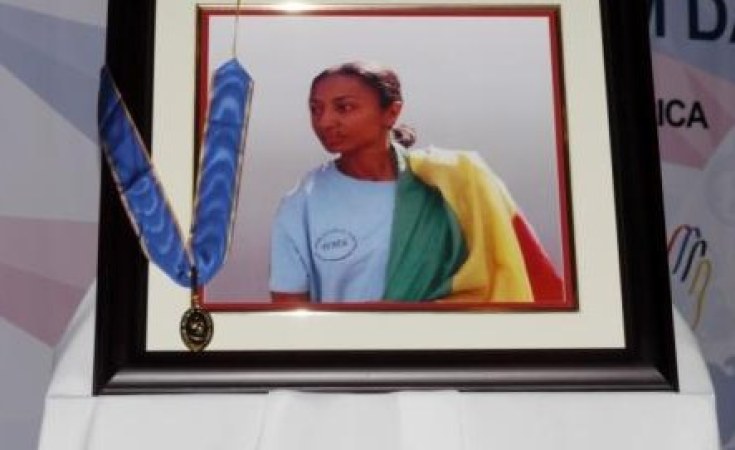Two of the 10 most censored countries in the world are African, says the Committee to Protect Journalists.
Eritrea is the worst in the world, behind even North Korea and Saudi Arabia. Ethiopia is the fourth most censored country. Excerpts from a report published today by the committee:
Leadership: President Isaias Afewerki, in power since 1993.
How censorship works: Only state media is allowed to disseminate news; the last accredited international correspondent was expelled in 2007.
Even those working for the heavily censored state press live in constant fear of arrest for any report perceived as critical to the ruling party, or on suspicion that they leaked information outside the country.
The last privately owned media outlets were suspended and their journalists jailed in 2001. Many remain behind bars; Eritrea has the most jailed journalists in Africa. None of those arrested are taken to court, and the fear of arrest has forced dozens of journalists into exile. Those in exile try to provide access to independent online news websites and radio broadcasts, but the opportunity to do so is limited because of signal jamming and tight online control by the sole state-run telecommunications company, EriTel.
All mobile communications must go through EriTel, and all Internet service providers must use the government-controlled gateway. Access to the Internet is extremely limited and available only through slow dial-up connections. Less than 1 percent of the population goes online, according to U.N. International Telecommunication Union figures.
Lowlight: Five independent journalists who were arrested in 2001 may have died in prison, according to recent exiles. With limited access to information in Eritrea, CPJ cannot independently confirm the deaths and continues to list the journalists on its prison census as a means of holding the government accountable for their fate.
Leadership: Prime Minister Hailemariam Desalegn, in power since September 2012.
How censorship works: As Ethiopia prepared for its May 2015 elections, the state systematically cracked down on the country's remaining independent publications through the arrests of journalists and intimidation of printing and distribution companies.
Filing lawsuits against editors and forcing publishers to cease production have left only a handful of independent publications in a country of more than 90 million people. Ten independent journalists and bloggers were imprisoned in 2014; authorities filed a lawsuit in August accusing six publications of "encouraging terrorism," forcing at least 16 journalists to flee into exile.
There are no independent broadcasters, though broadcasts from the U.S.-based opposition Ethiopian Satellite Television (ESAT) intermittently air within the country. The state-controlled telecommunications company Ethio Telecom is the sole Internet provider and routinely suspends critical news websites.
International journalists work in Ethiopia, but many are under surveillance and face harassment. Although journalists have not had difficulties acquiring accreditation in the past, newer arrivals say that they face challenges.
Lowlight: Authorities in 2014 unleashed the largest onslaught against the press since a crackdown in 2005 after disputed parliamentary elections. Ten independent journalists and bloggers were arrested on anti-state charges, and at least eight independent publications were shut down.


